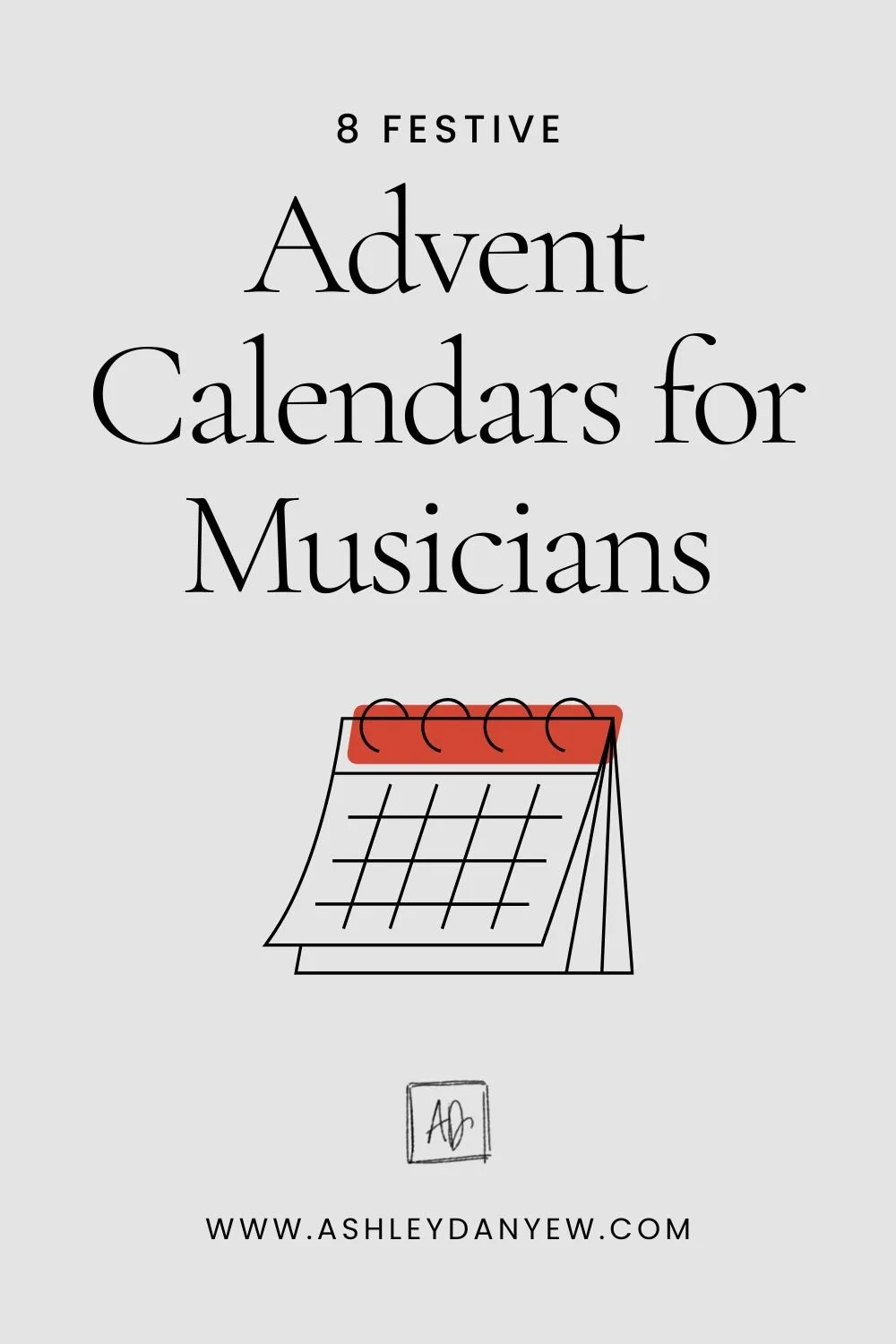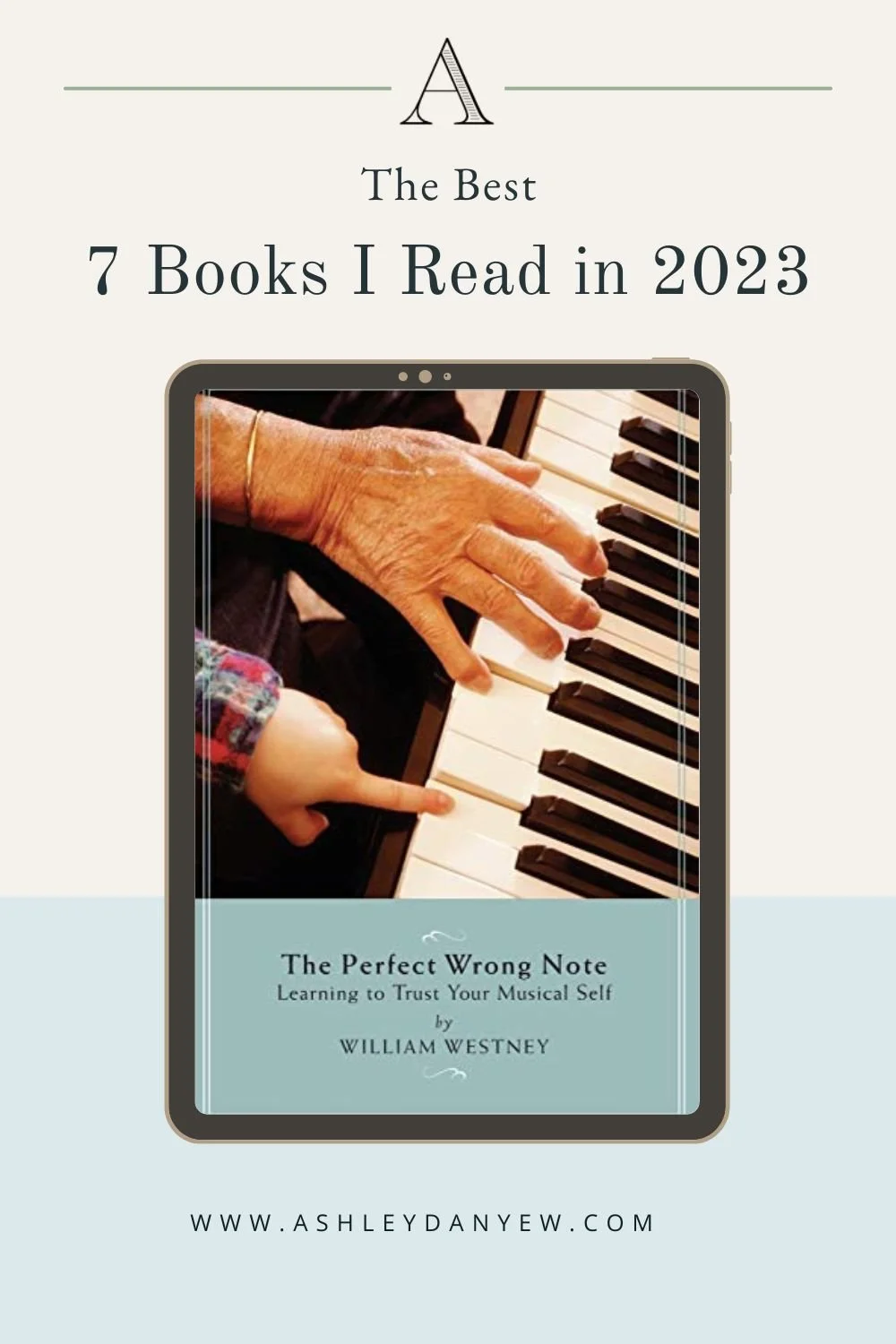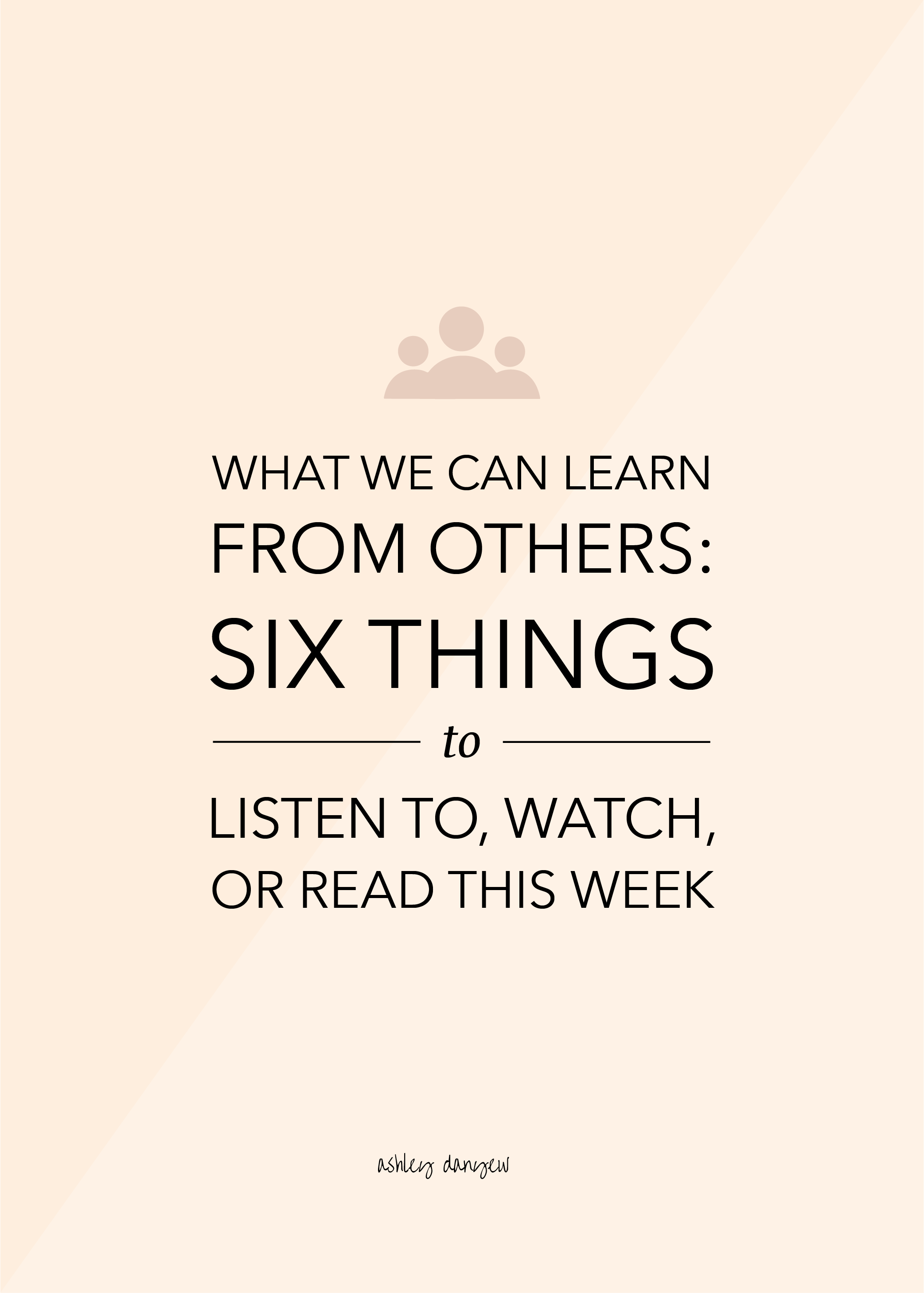Hindsight is 20/20, right?
If we knew then what we know now, we probably would have done things differently, handled that situation another way, said “yes” instead of “no” (or vice versa).
But the thing about life is we can only live going forward. We can’t go back and edit our choices later on, though hopefully, we take the time to reflect and learn from our experiences as we go along.
I’ve been doing that lately with ministry. What have I learned over the years? How have I grown and changed? What would I tell my younger self? We all have different answers to those questions, but they’re important to think about and perhaps even voice from time to time. This is how we learn. This is how we grow.
In the spirit of all that, here are six things I wish I’d known when I first started in music ministry.
*Disclosure: I get commissions for purchases made through links in this post.
01 | Lead by example.
When I first started out in music ministry, I didn’t realize how much leadership skills were involved.
I mean, you choose music, practice, maybe run a rehearsal during the week, and play for worship on Sunday, but that's not really leadership, is it?
Actually, it is. As any seasoned church musician will tell you, there’s so much leadership embedded in those weekly tasks. The music you choose, whether instrumental, vocal, or choral, gives you an opportunity to talk about your faith and what you believe in.
Practicing and being prepared each week sets an example for others and communicates that worship is something to be valued, something important, a time when we want to give our very best. Of course, running a rehearsal requires all kinds of leadership skills - managing time, listening, teaching, challenging, inspiring, encouraging, helping people grow, both as musicians and believers.
Listen more than you speak. Be gracious, kind, and respectful. Lead by example - in word, action, and attitude. You’ll be amazed at how much people mirror this back to you and to each other.
02 | It’s not about playing things perfectly.
In music school, we spend a lot of time practicing, polishing, and perfecting our music. “Practice makes perfect,” they say. But in church music - in worship - the goal isn’t a perfect performance; it's bringing honor and glory to God and creating an experience where people can encounter Him.
Practicing is still a necessary and important part of the equation, don’t get me wrong. And musical excellence is worth striving for week after week. But instead of focusing on what we’re presenting (and perhaps letting fear of failure get in the way sometimes), the focus is on how God is moving and working through the music to reach the hearts of His people. In this way, the music we share in worship isn’t really a performance at all - it’s a means of connecting people with God. We’re just the vessels.
Music is a living, breathing thing - an extension of our very hearts, at times. Don’t let a fear of failure hold you back. Music was meant to be heard and shared and experienced.
03 | Improvisation is a useful and sometimes necessary skill.
"Improvisation - isn’t that for jazz musicians?" Those of us who come from the classical world know this sentiment all too well. But here’s the truth: Improvisation is for everyone. It’s like learning how to talk in music (instead of just reading what other people have said). And yes, improvisation is a useful (and sometimes necessary) tool in worship settings.
Now, I’m not saying I improvise in the moment in the middle of a worship service on a regular basis. But, I do improvise a little in my practicing during the week to work out a phrase or progression or transition that I plan to use in worship. Here are a few examples:
- traveling music tied to the anthem to accompany the choir walking in and out of place
- a trumpet descant for an amateur player to play with a congregational hymn
- an underscore for the Call to Worship that leads into the first hymn
- an underscore during the Lighting of the Advent Wreath that leads into the congregational response
- a flute descant for a high school student to play with a worship song
- an arrangement of a unison song for women’s trio
All of these things started out as improvisations in my practicing. Many of them led to actual notated music (compositions or arrangements), but a few remained more improvisatory in nature, with just a simple chord progression sketched out or musical shorthand to remind me of some of the ideas I had come up with.
I’m curious to hear: Do any of you use improvising as part of your preparation for worship?
04 | Every church (and choir) will be different.
I haven’t found two churches (or choirs) that are the same yet. Have you?
Even if you stay within the same denomination, each place you go will have different traditions, different ways of doing things, perhaps a different worship order, and maybe even different styles of music in worship.
A church is made up of people: a group of individuals with different ideas, opinions, gifts, and stories. For this reason alone, no two churches or choirs will be the same. So, be sensitive to that. Get to know the people in your choir and congregation, where they come from, the things they value, the experience they bring. This will help you choose music that is meaningful, create worship experiences that honor the past while pointing toward the future, and build community.
05 | Your worth is not in what you do.
This is a big lesson and one that I’m still learning.
It’s easy to feel like music is part of who we are and therefore, affects our worth in some way. That if you do enough, you will be enough and if you do more, you will be more. And suddenly, you find yourself hustling for your own worth (from Shauna Niequist’s Present Over Perfect).
Let me be the one to remind you that your worth is not wrapped up in what you do; your value isn’t defined by what you accomplish or create. Your worth is found in God alone. Don’t get lost in the shadows of other people’s opinions.
06 | "Bless people’s memory."
Jerry Westenkuehler said this at Music and Worship Arts Week a few years ago and it’s stuck with me.
The idea is that everyone comes into worship with their own set of memories. And any music that we share in the service can connect to those memories in powerful ways. On the other hand, if the music in worship is largely unfamiliar to someone sitting in the pews, then it doesn’t connect with their memories as often or as deeply.
How can you bless people’s memory? How can you create a worship experience that is meaningful, rich with heritage and relevance and connection, that evokes people and places from the past that are part of people's faith journeys? How can you add value to those who have gathered to worship?
These are questions worth pondering.
Do any of these things resonate with you? For all of you experienced church musicians out there, what do you wish you had known when you first started in ministry?






































